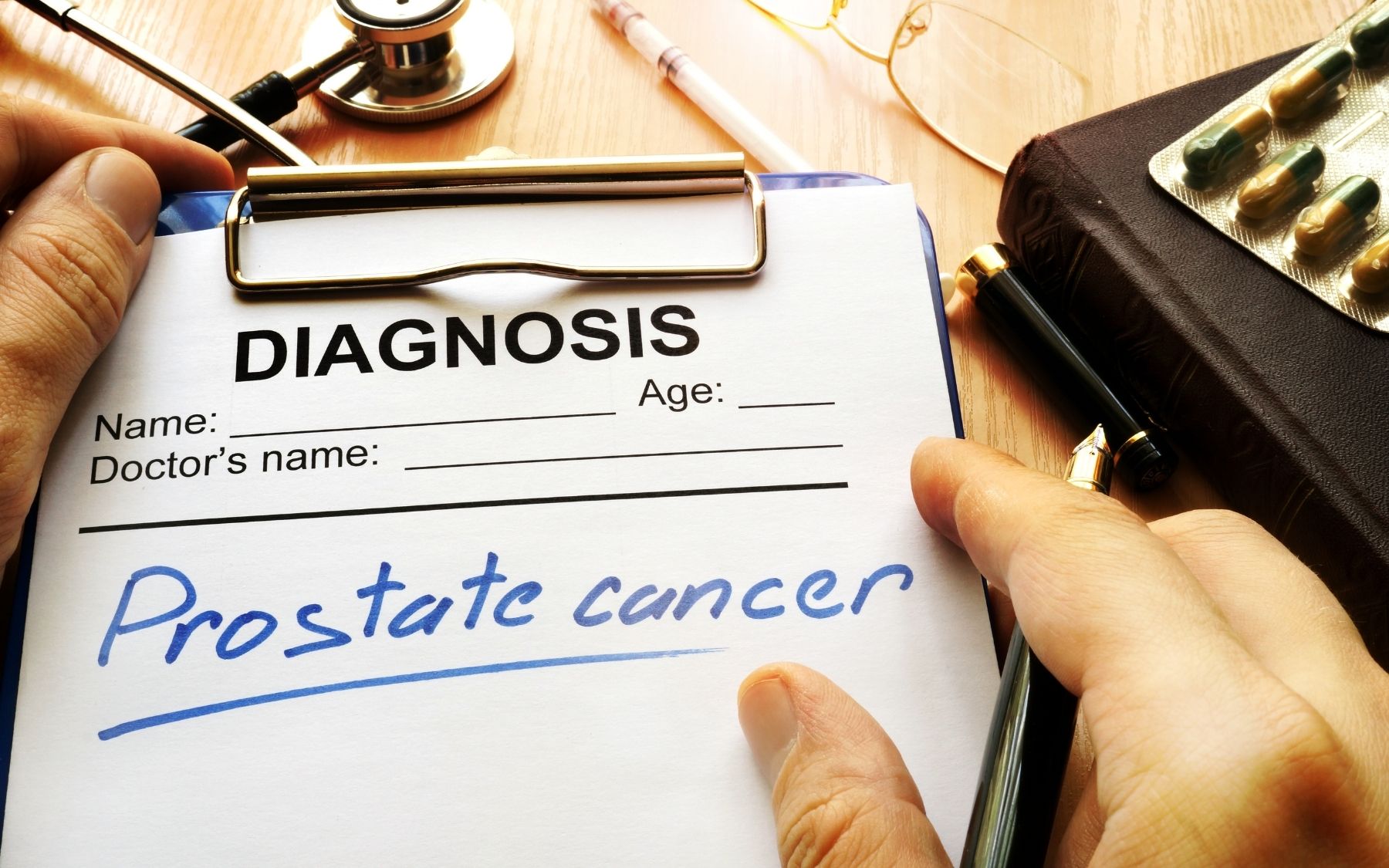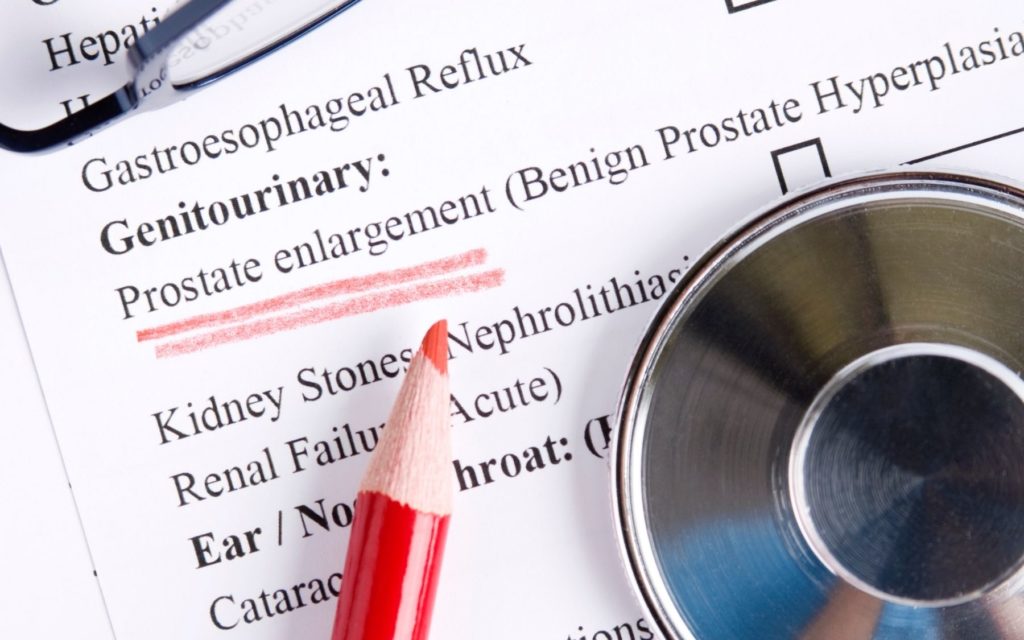Being diagnosed with prostate cancer, or any cancer, can leave you and your loved ones feeling worried, shocked and even frustrated. In the UK, prostate cancer is one of the most common types of cancer affecting men, equating to over 25% of all cancer diagnosis in men.
It is important to remember that you are not alone. You have your friends, loved ones, healthcare team and support groups that can help you through your journey.
Here are 5 things that people with a prostate cancer diagnosis should know:
- Don’t panic; we understand that this is easier said than done. Prostate cancer is usually a slow growing cancer and the survival rate is very high when diagnosed and treated at an early stage. 95% of men survive the disease for 5 years between the ages of 50-69. Your healthcare team should always be there to answer any questions and help you to stay calm and optimistic.
- Do your research! There are different types of prostate cancers and different stages, if you are not familiar with these terms it may be very confusing. Doing research can help you to have a better understand of what the diagnosis means.
- Think about the different options. When treating prostate cancer, there are usually a lot of different options; which will be different for every patient depending on the type of cancer and the patients age etc. Here are some of the most common treatment options:
- Watchful watching
- Hormone therapy
- Radiotherapy
- Chemotherapy
- Surgery
- Don’t rush! Take time to think about the different treatment options. Always remember that you have people around you to support you and help you make the right decision for your individual needs.
- Stay positive! Try to always keep a positive mind set. Although this may seem hard, having a positive mind set will help to make your cancer journey a lot easier for you and your family. Remember that this is one of the most treatable cancers, with many different treatment options.
If you would like to speak to a member of our team about prostate cancer treatment please call us on 0161 327 1269 or see our Prostate Clinic information here.
This article is intended to inform and give insight but not treat, diagnose or replace the advice of a doctor. Always seek medical advice with any questions regarding a medical condition.






0 Comments